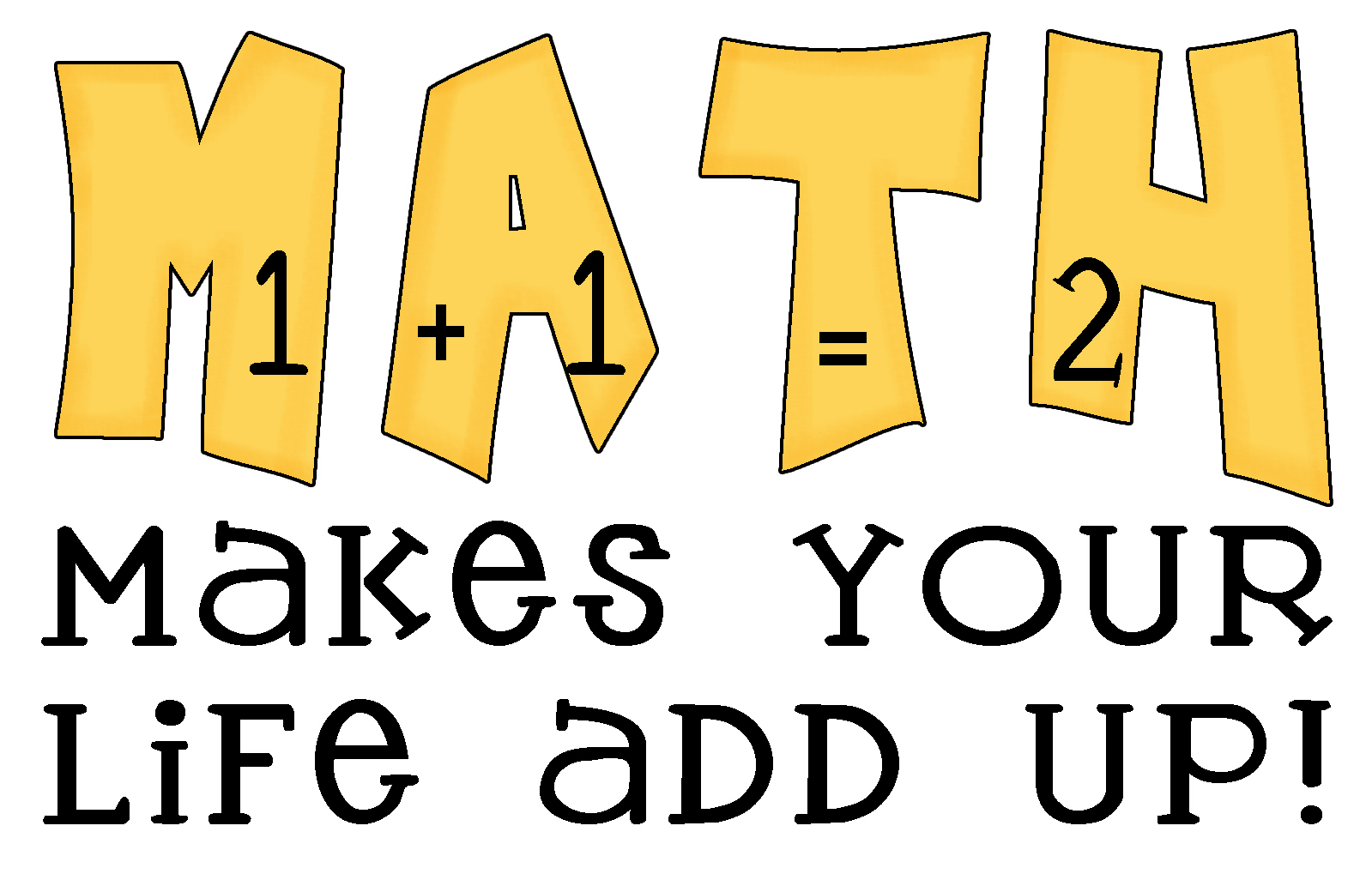- Gateway STEM High School
- Mathematics
Mathematics
Page Navigation
-
 Mathematics Major RequirementsThe mathematics major at Gateway is for students interested in pursuing a future career in engineering, science, and business. Students are encouraged to major in math and in another major to be college-ready. The requirements for the math major include enrollement in at least 3 honors classes (geometry, algebra 2, and pre-calculus) and enrollment in a college-preparatory course such as AP calculus, AP statistics, or college algebra. Students must maintain a 3.0 GPA in all their math courses.Proposed Course SequenceBelow you will find the various courses offered at Gateway STEM, along with their pre-requisite courses. Students can earn college credit if they take the advanced placement exam in calculus or statistics and score a 3, 4, or 5, thereby qualifying for college credit at most post-secondary schools. Enrollment in the dual credit college algebra course means a student will earn 3 college credits when they pass with a C or higher.Pathway #19th Grade - Algebra 110th Grade - Algebra 211th Grade - Geometry12th Grade - Pre-College Algebra or College AlgebraPathway #29th Grade - Algebra AB10th Grade - Algebra CD11th Grade - Algebra 212th Grade - GeometryPathway #39th Grade - Algebra 110th Grade - Honors Algebra 2 & Honors Geometry11th Grade - Honors Pre-Calculus12th Grade - AP Calculus or AP Statistics or College AlgebraCourse Descriptions
Mathematics Major RequirementsThe mathematics major at Gateway is for students interested in pursuing a future career in engineering, science, and business. Students are encouraged to major in math and in another major to be college-ready. The requirements for the math major include enrollement in at least 3 honors classes (geometry, algebra 2, and pre-calculus) and enrollment in a college-preparatory course such as AP calculus, AP statistics, or college algebra. Students must maintain a 3.0 GPA in all their math courses.Proposed Course SequenceBelow you will find the various courses offered at Gateway STEM, along with their pre-requisite courses. Students can earn college credit if they take the advanced placement exam in calculus or statistics and score a 3, 4, or 5, thereby qualifying for college credit at most post-secondary schools. Enrollment in the dual credit college algebra course means a student will earn 3 college credits when they pass with a C or higher.Pathway #19th Grade - Algebra 110th Grade - Algebra 211th Grade - Geometry12th Grade - Pre-College Algebra or College AlgebraPathway #29th Grade - Algebra AB10th Grade - Algebra CD11th Grade - Algebra 212th Grade - GeometryPathway #39th Grade - Algebra 110th Grade - Honors Algebra 2 & Honors Geometry11th Grade - Honors Pre-Calculus12th Grade - AP Calculus or AP Statistics or College AlgebraCourse DescriptionsTitle Credit Course Description
Algebra 1 .5
Algebra 1 will help students acquire an understanding of numbers and increased proficiency in mathematical operations and algebraic notations. Students will study real numbers, operations, exponents, rations, proportions, patterns, graphs, linear equations, inequalities, systems of linear equations and quadratic equations. The course will also introduce students to factoring, angle relationships, the Pythagorean Theorem, data collection, data plots, sample space, and probability. A portion of the course will also be devoted to a data project, allowing students to demonstrate their understanding of survey design, data collection, and graphical representation of information.
Geometry
.5
Geometry will help students acquire an understanding of geometric and spatial relationships. Students will study real numbers, operations, and patterns. They will investigate angles, parallel and perpendicular lines, circles, two- and three-dimensional objects, surface area, volume, Cartesian coordinates, sample space, probability distribution, constructions, transformations, and symmetries. The course will also introduce students to inductive and deductive reasoning, which they will use to establish the validity of conjectures, prove theorems, and critique the arguments of others.
Algebra 2
.5
Algebra 2 will help students acquire an understanding of real world applications of mathematical procedures as they prepare for higher level mathematic courses. Students will study real numbers, operations, and patterns as they extend their understanding of algebraic concepts. They will work with matrices, complex numbers, logarithms, polynomial functions and their inverse, systems of equations and inequalities, transformations, mathematical models, scatter-plots, and statistics. The course will also introduce students to the concept of limits.
Pre-Calculus
.5
Pre-Calculus will consist of one semester of Trigonometry and one semester of Analytic Geometry. Students will study real and complex number systems, operations, and patterns as they extend their understanding of functions and relations. They will work with matrices, vectors, logarithms, angles in degrees and radians, trigonometric functions and graphs, the Cartesian and Polar coordinate systems, transformations and limits. The course will also provide students with opportunities to extend their mathematical knowledge through modeling and activities that prepare them for mathematical careers in our technology-oriented society.
Calculus
.5
This course includes a thorough treatment of elementary functions and an introduction to the fundamental theorems and methods of calculus and the types of problems it can be used to solve. The course introduces the nature of and the use of the derivative and the indefinite and definite integral. Continuous functions and logarithmic and exponential functions are considered.
Prerequisite: Pre-Calculus

